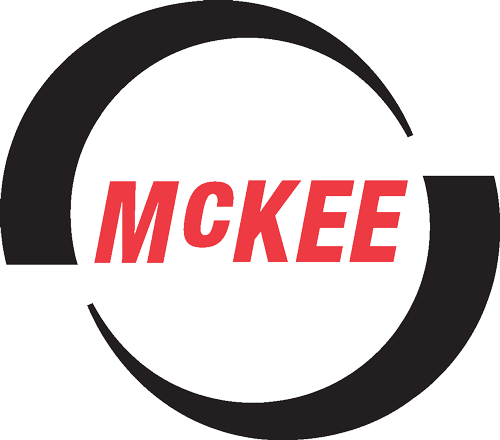Finding the Right Fit for the Job: Screw Conveyors
October 13, 2021 4:03 pm Leave your thoughtsScrew conveyors are crucial tools used to transport bulk materials from one part of a manufacturing or agricultural process to another. But what is a screw conveyor? There are several main categories of screw conveyors on the market, and finding the right one for your application is critical to ensuring efficiency with your operations.
Perhaps the most popular type of screw conveyor on the market is the flexible screw conveyor, which is capable of transferring many different types of free-flowing and non-free-flowing bulk materials from place to place. These materials can include granules, pellets, powder and various irregular shapes.
In a flexible screw conveyor, a metal helical screw rotates inside a fixed tube, which creates a directional force that pushes a material through the tube to the discharge point. Both the tube and the screw are flexible within a certain range and can come in configurations designed specifically for the type of material to be moved.
Here’s a quick look at some of the advantages and disadvantages of using this type of screw conveyor so you can determine if it is well suited for your operation.
Advantages
We’ve already covered the wide variety of materials they can convey, which is one meaning of “flexible.” But the devices are also physically flexible, as the tube and screw on the conveyor can be bent within a certain radius, giving you more versatility with how you can rout the conveyor around various obstacles.
This type of screw conveyor can be used for both intermittent and batch production, and can operate at a variety of angles. They are most efficient when used at a 45-degree incline, but can also be used horizontally or at other angles.
If you wish, you can add a mobile base to the conveyor to more easily move it to service processes in different areas within your facility. The mobility is enhanced by the equipment’s small footprint and by how easy it is to clean.
Disadvantages
There are some limitations associated with flexible screw conveyors, which might prevent them from being the ideal choice for certain applications.
For example, if you’re using friable or fragile materials, there could be some breakage that occurs as a result of the grinding that takes place between the rotating screw and the tube wall. Not all materials are able to be moved safely in a flexible screw conveyor, including those aforementioned fragile materials as well as those that have a high moisture content, as they can build up inside the conveyor and cause blockages and locking. Especially coarse and abrasive materials can hasten the wear and tear of the equipment, making earlier replacement necessary.
Flexible screw conveyors also have a limited conveying distance—usually no more than 40 feet long. If you need to send your materials across an especially long distance, you’ll need to find a different type of conveyor.
Finally, there are capacity limitations with flexible screw conveyors, as with any kind of conveyor.
If you’ve ever asked yourself, “Why do I need a screw conveyor?” we encourage you to contact us at M.B. McKee Company, Inc. for answers and more information.
Categorised in: Conveyor Components
This post was written by admin

